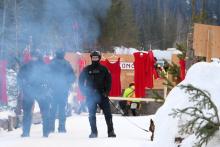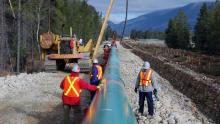“When push comes to shove, we’re able to support people. So, why don’t we do that all the time?”
This rhetorical question is from B.C.'s human rights commissioner, Kasari Govender, in an article in which she describes homelessness as a “massive public health problem”.








